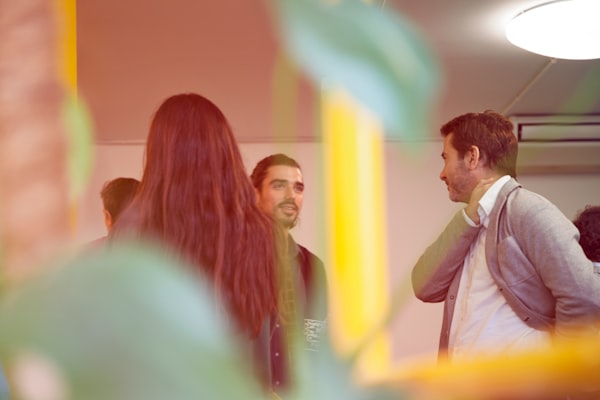I am a big fan of the concept that you can learn a lot from everyone around you.
Have you been in a situation where you remember every word of a silly video from the Internet, but not an important meeting?
I have.
Too much information gets in our brains daily. Our brains are not wired to distinguish trivial from important when too much data arrive.
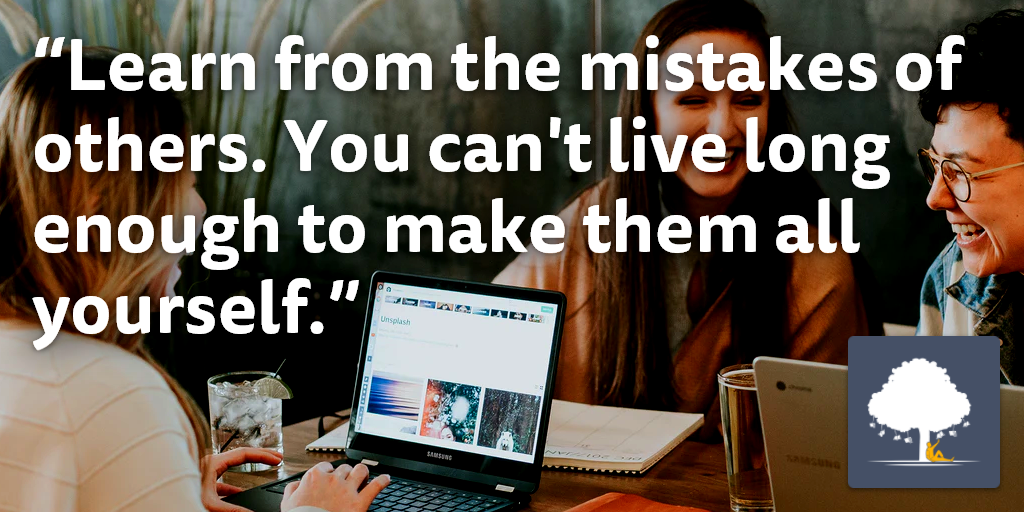
You can learn from others by watching them. You can learn from others by doing things together. The way I find the most effective is to ask others for their honest opinion.
Why?
TL;DR:
We can learn alone only to an extent. By learning from others you can learn more and learn faster.
- Learning from others can take many forms.
- Our brains are liars.
- Others’ honest opinion helps us to think and make conclusions. This speeds up learning.
- Honesty is not a given.
- We need to help others help us.
- Do not punish honesty. Always tell people how awesome their opinion was for your learning.
Read below to learn more.
Your brain is a liar
Have you ever burned your tongue with hot coffee?
Your brain tells you immediately: “Hot!” and you feel “Ouch!”. It’s simple feedback: “Don’t drink this!” (at least not now).
Let me tell you what happened when I wanted to help a homeless person and bought him a cup of coffee.
My brain made me feel like a hero for the rest of the day.
When I got home, my grandma commented on my joy with great sarcasm. “Yes, dear, because coffee is definitely an urgent need for every homeless person on the planet! In fact, call the United Nations and tell them you found a solution!”
I wanted to snap back. Then, I thought that buying someone coffee is nice, sure, but if I really wanted to help, I had other ways. I could buy food. Or go home and bring some clothes. Or even call the social services and ask, because, honestly, do I even know how to help properly?
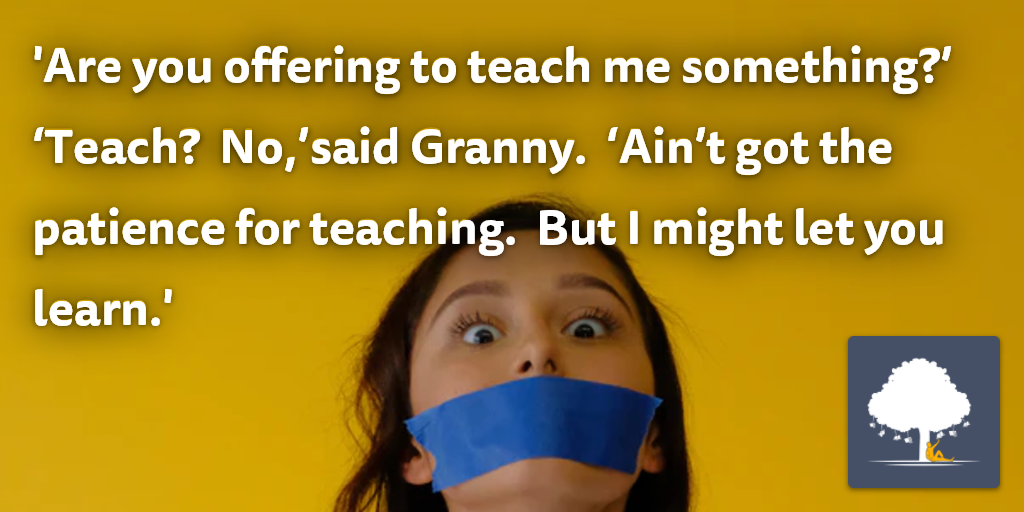
I concluded that I didn’t want to help. I wanted to stop feeling guilty that I am not in this poor person’s position and went for the easiest solution. My brain released hormones, and I felt like I’m helping.
With her fourth grade of education, my grandma, not even able to say “The United Nations” correctly, helped me learn something that day.
She told me her honest opinion.
I learned that I need to put more effort to really help someone.
And my smart-ass brain lied to me.
Others’ opinion helps you think
Your brain is not a liar by default. It is just lazy. It uses the things you know for certain to quickly solve the problem at hand.
In my case – helping people in need is good. I “helped” a person, and my brain told me I am good.
Learning is understanding and making conclusions about complex systems, interactions, and situations. But it’s difficult to learn by yourself – you have your own perspective, biases, and problem-solving approach. Those can get you stuck!
And the easiest way to find a different perspective is to ask someone else.
That person’s opinion can be the best way to speed up your learning. Not always, but I’ll show you how to find those opportunities. First, let’s talk about feedback.
Feedback & being better
When a person shares their honest opinion on your actions, they do something very important to help you learn – they give you feedback.
Feedback by others makes you think. To learn, you need to start thinking and making conclusions.
Tweet
Imagine this in terms of your productivity and being a good colleague at work.
Who can tell if you, buying pizza for the team, who had to stay late because of your mistakes, compensates for everyone’s extra work?
Your colleagues, that’s who. Your brain would probably lie to you with something like, “Oh, but I bought food for everyone, so IT IS OK.”
If they tell you it IS NOT OK, you will start thinking. Probably how to avoid situations like this in the future, because people like to be liked. This might make you put in a little more effort into your work. Next time you might be a bit better. You might start learning.
So, do yourself and your colleagues a favor – stop making them fat and start asking them how you can be a better colleague. Ask them often if you made progress to be one. Check with everyone. Your brain is a liar when it comes to complex problems and human interactions.
But that’s not as easy as it sounds. Because other peoples’ brains are lying too.
What? Others’ brains are liars too?!
Honesty is a virtue. Fear is a flaw. This is what we are taught from a very early age. The problem is that fear is also a mighty survival mechanism, while honesty is… well, optional.

People are afraid to give an honest opinion because they fear your reaction. You might reject them. If you reject them, your friends might also reject them. No one likes to be excluded by the group. You are afraid, too. There are official studies on it, I promise.
Our brains might trick us into thinking we were completely honest when we still didn’t tell the one truth a person desperately needs to hear.
So, to hear others’ honest opinions, you need to put effort.
How?
- Make honesty easy
- Ask people what do they think often
- Let others know how their opinion helped you
Those are pretty complex, so let’s go through each of them individually.
Make honesty easy
Wait…but how?
Let me tell you a story about my friend Ivan:
One day a few years ago I went dancing with a few friends. Ivan was there. He watched me dance and got so excited that he swore he would start dancing and “run circles around me” in two years.
There’s no way that was happening. I have been dancing my whole life.
6 months passed, and he invited me to watch him dance in the amateur’s club
It was… bad.
His feet were not quick enough, and he was skipping beats. He had trouble with his breathing. Don’t get me started on his posture. He made some progress, but he had so much to learn.
I was already scared of the “How was I?” question that was surely coming at the end.
Would he hate me if I am completely honest? Will I break his motivation to dance? How honest should I be?
Then Ivan came to me and said: “Hey, you, superstar, I know you have a lot to say. Right now, I have a feeling I am skipping beats. Can you help on that part if I do?”
I was no longer afraid of being honest. I was totally relieved.
He was honest with himself. That made me being honest with him so much easier. He was already halfway there.
I helped, of course, by recommending some exercises for his speed.
A couple of months later, he asked about posture in a similar way. I helped again.
Right now, he can “run circles around me” because I was lazy and stopped dancing two years ago.
Not only that, but he helped me realize how to make honesty easy.
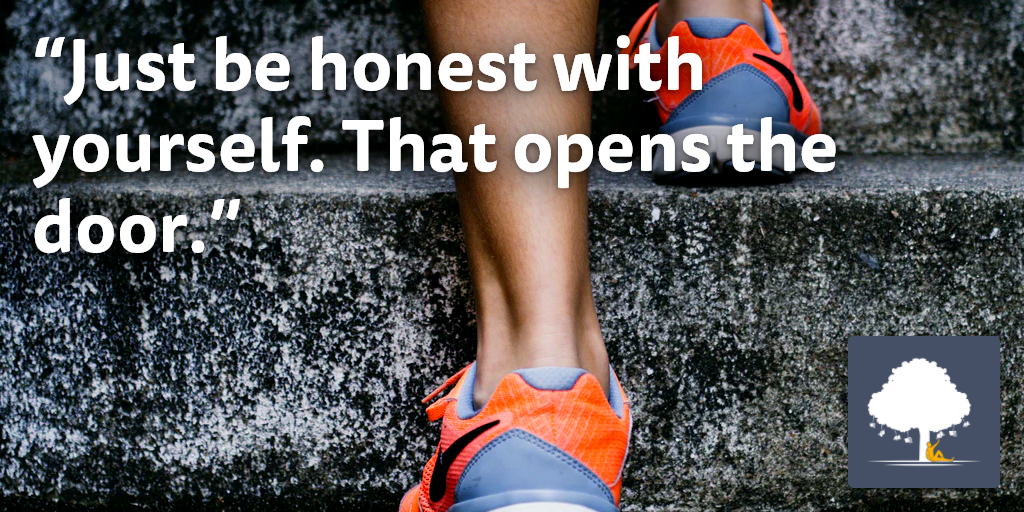
So, the best way to help others be honest with you is:
- Be honest with yourself – don’t expect something from others that you, personally, don’t do.
- Motivate others to tell you the truth – apply their advice and ask for more.
- Help them be honest – be specific with your questions.
All that begs the question – how often should you ask?
Ask others what do they think often
I can hear you protest; asking others what do they think is hard!
You don’t know if people will tell you offensive truths; people do not know if you will be offended.
The fear of giving or asking for honest opinions has a lot to do with the unknown.
The good news is that the more often you engage in an exchange of opinions, the more “normal” it will look to your brain.
Your brain can learn to expect “unpleasant” truths and label them “not dangerous.” It can also learn to tell “unpleasant” truths and label the reaction of others “not dangerous.”
The trick is: the more often you do something, the less scary it is.
Think of extreme sports. For most of us, jumping with bungee once is enough adrenaline for a year. People practicing extreme sports seek new challenges all the time. They trained their brains.
Ask others what they think so often that the people around you get used to it. So that you get used to it.
Let others know how their opinion helped you
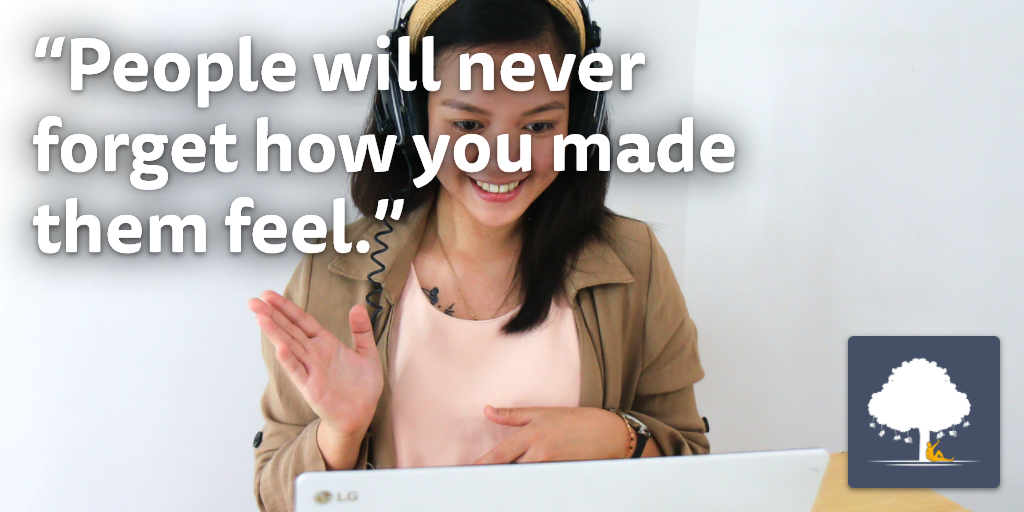
People can waste their time binge-watching anime or Tik Tok. This is passive entertainment.
If people make an active effort and survive a mini emotional hell to tell the truth, they will be curious if it helped.
Most of us crave to be useful to our group, friends, and our society. Otherwise, there would be fewer comments on global problems in social media.
We want to be seen as good people and good friends.
Help people help you more – tell them how useful their opinions were to you.
In conclusion
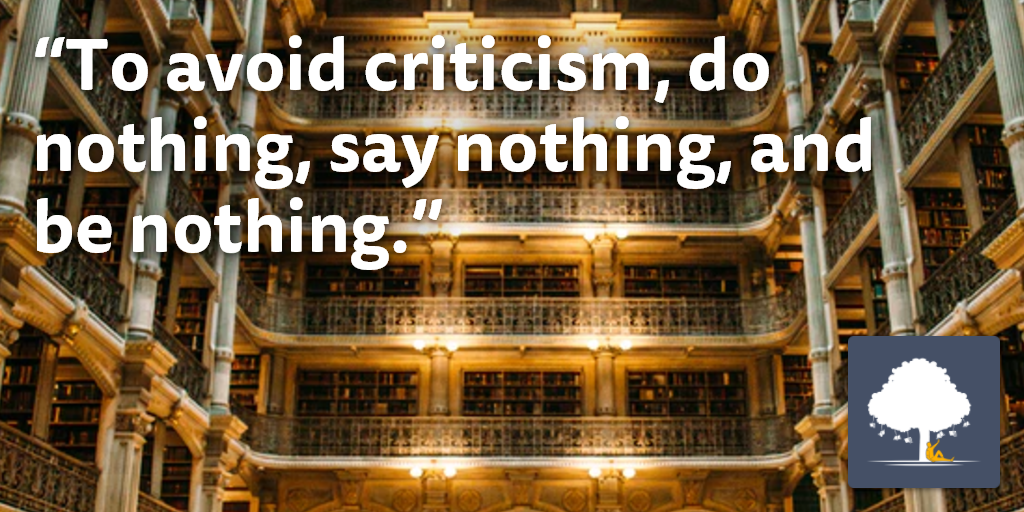
Others’ honest opinions can be food for thought. They can be – it’s our own choice what to do with them.
I, personally, would rather spend some time thinking about them. I’d spend even more time if I hate the opinion – those hide the most learning.
But this doesn’t mean that I have life-changing revelations every five minutes. It means that I am doing my best not to miss out on chances to be a little bit better in all aspects of my life.
I strongly recommend you to try it. Especially if you are successful. I’m sure you’ll find both meaning and a lot of fun in experimenting with it!
Last but not least – I would love to hear your opinion on this material. Leave a comment & get in touch!
Thank you, and as Jordan says – stay awesome!
Diana




